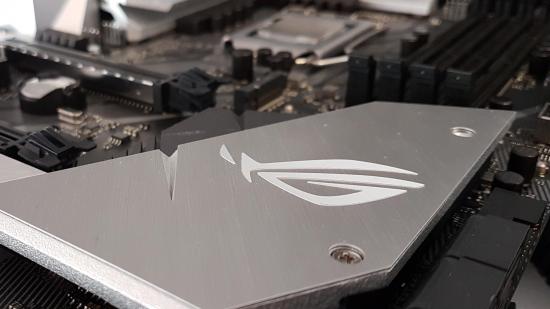When Intel’s 12th generation Alder Lake processors arrive on a new 10nm process later this year, the current array of gaming motherboards won’t be compatible, partly because of the larger LGA 1700 socket the new chips utilise. Thankfully, when you make the switch, it looks like your new 600-series board will be compatible with 13th gen Intel CPUs too, according to documentation published by the company on SATA-IO.
Alongside Intel’s 12th generation processors, 600 series motherboards will be the first to support DDR5 RAM on the consumer market. Backwards compatibility is always welcome, but just because you can stick with these motherboards when upgrading to 13th gen Raptor Lake CPUs doesn’t mean you should.
First of all, you may have to wait for your manufacturer to release a BIOS update to add support for the 13th gen chips, which could leave you waiting several months. Although many boards from brands such as MSI and Asus now offer a BIOS Flashback feature letting you update your BIOS without a CPU installed, some still require a compatible processor slotted inside in order to start an update, giving you a headache if you’ve already sold your 12th gen model on to someone else.
You’ll also have to wait for the subsequent 700 series to usher in next-generation SSD support with PCIe 5.0 implementation in 2022, as the 600 series sticks with the current PCIe 4.0 version Intel has only just adopted. The fifth generation interface will no doubt topple the fourth, but PCIe 4.0 is still no slouch when it comes to gaming with some of the best SSDs you can get your hands on.
The Intel 300-series chipset only supported two generations of CPUs, while the 400-series added support for another two, so we wouldn’t hold our breath for these new chipsets still supporting 14th generation processors in the distant future.
